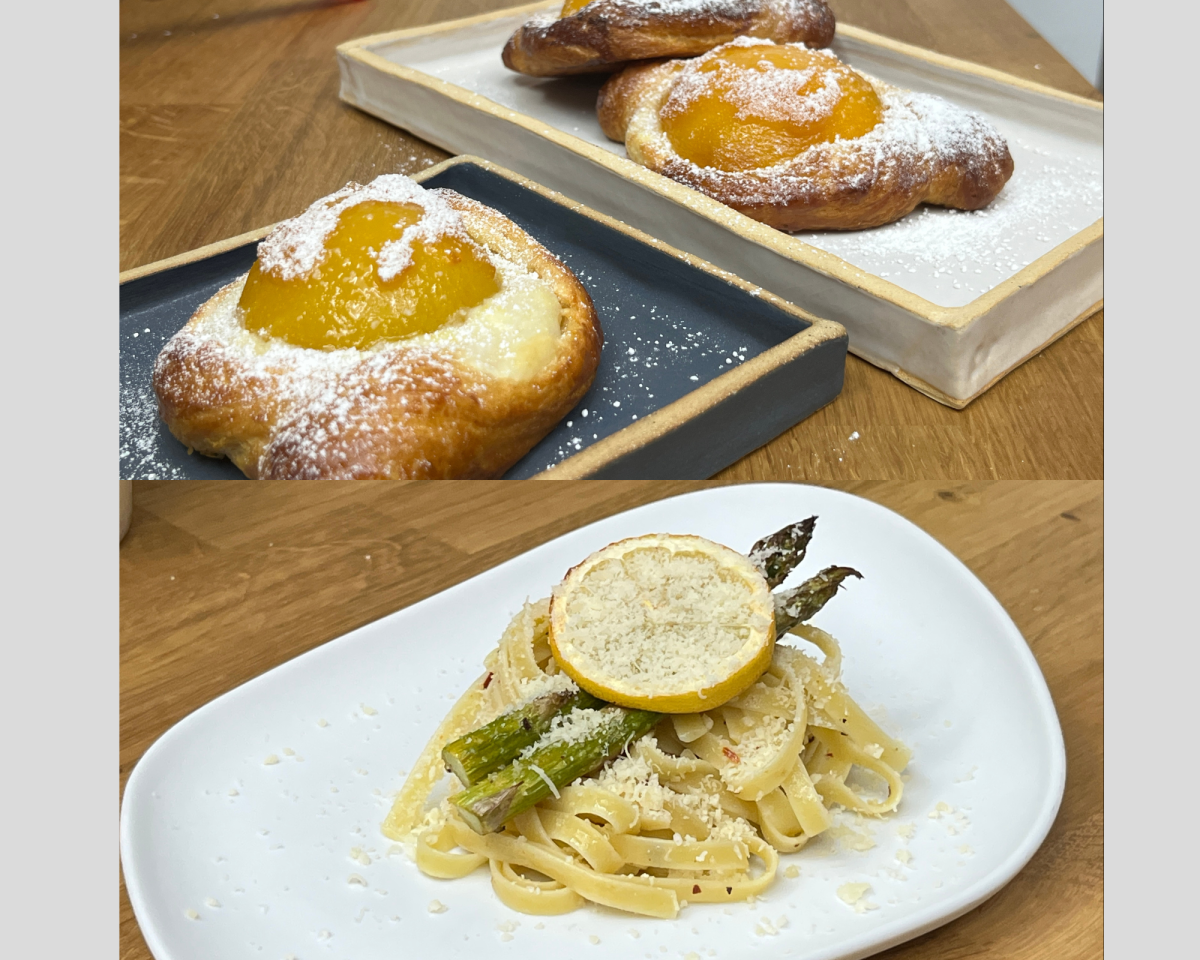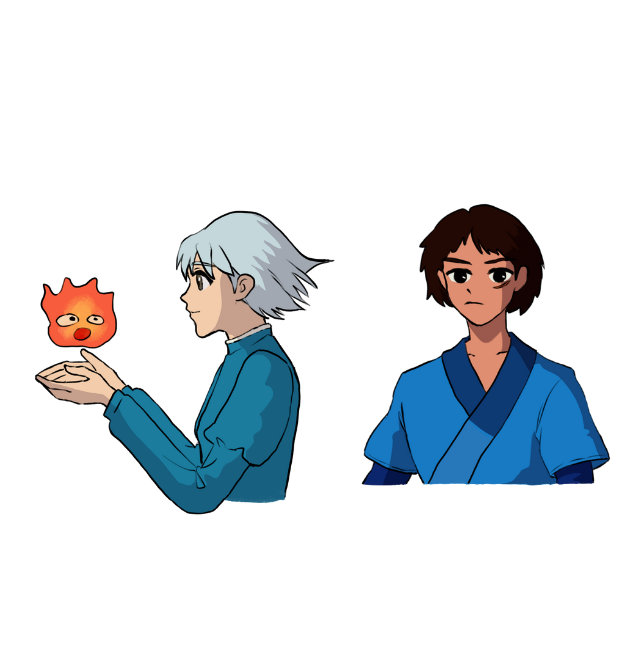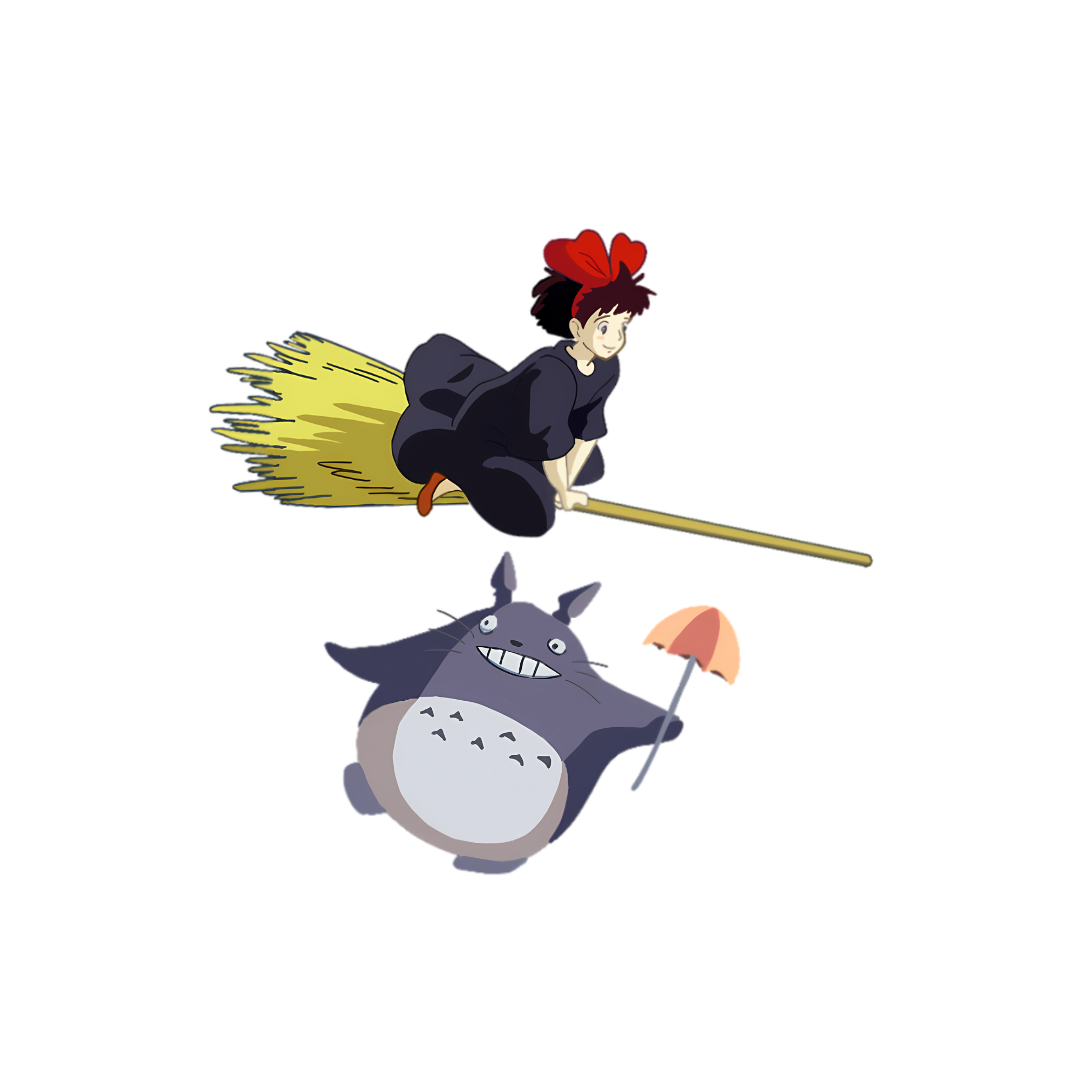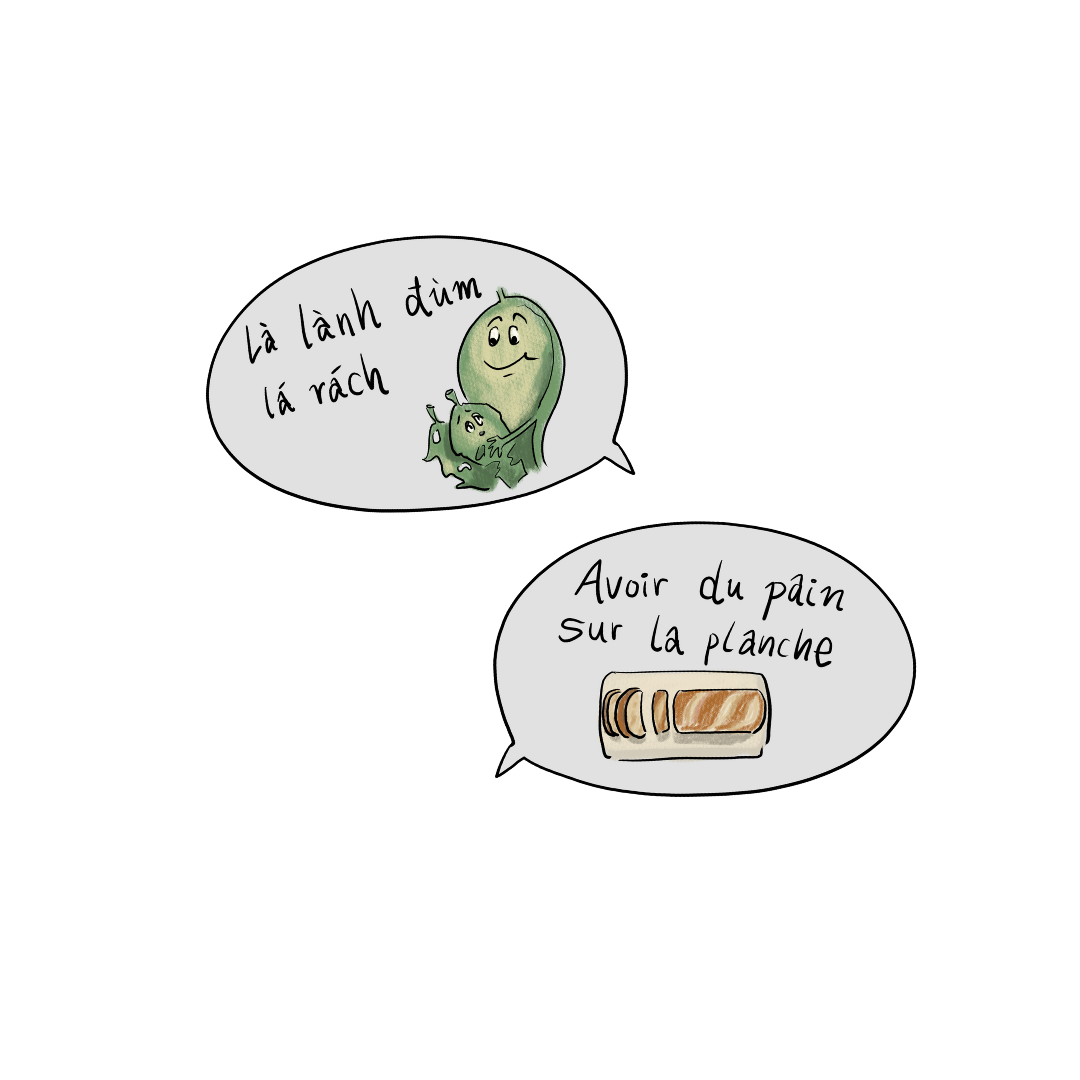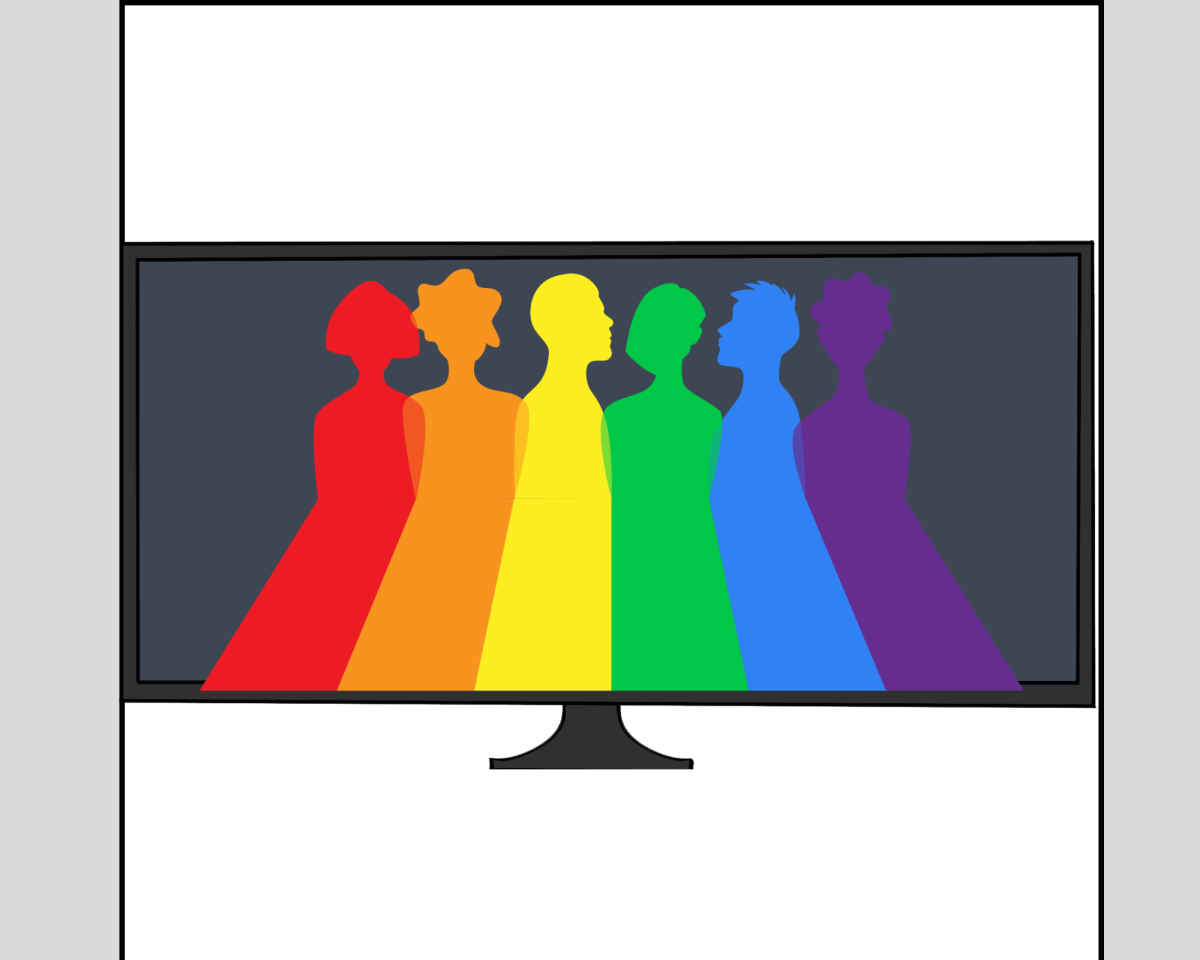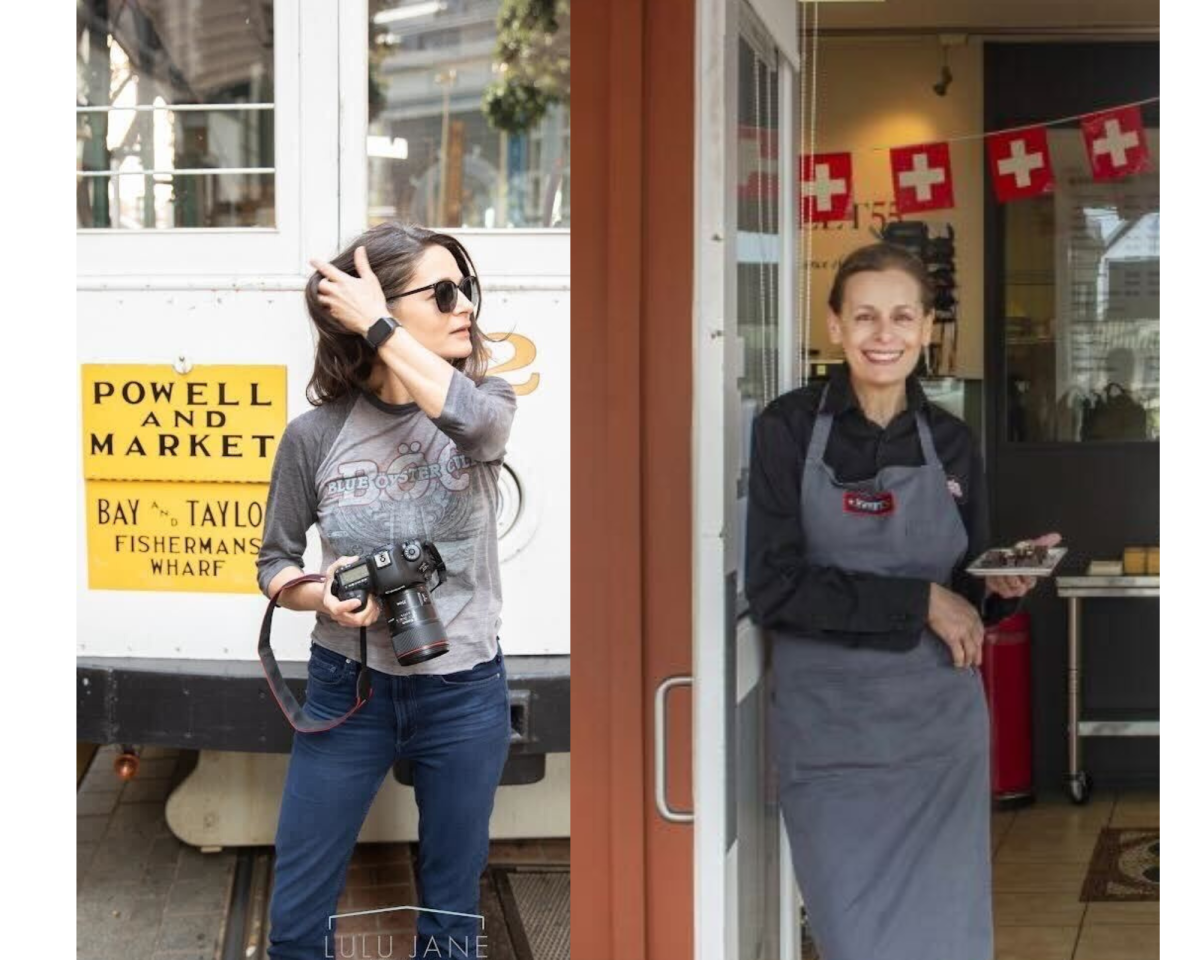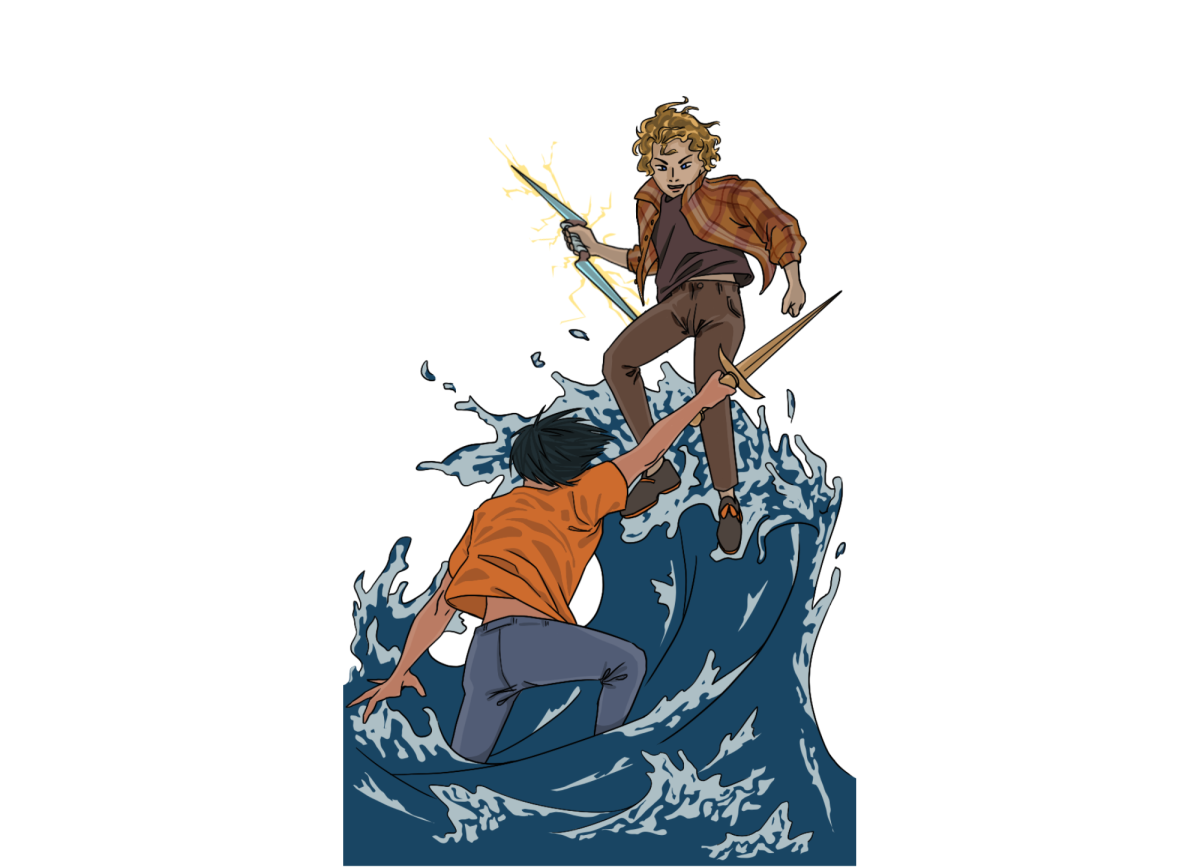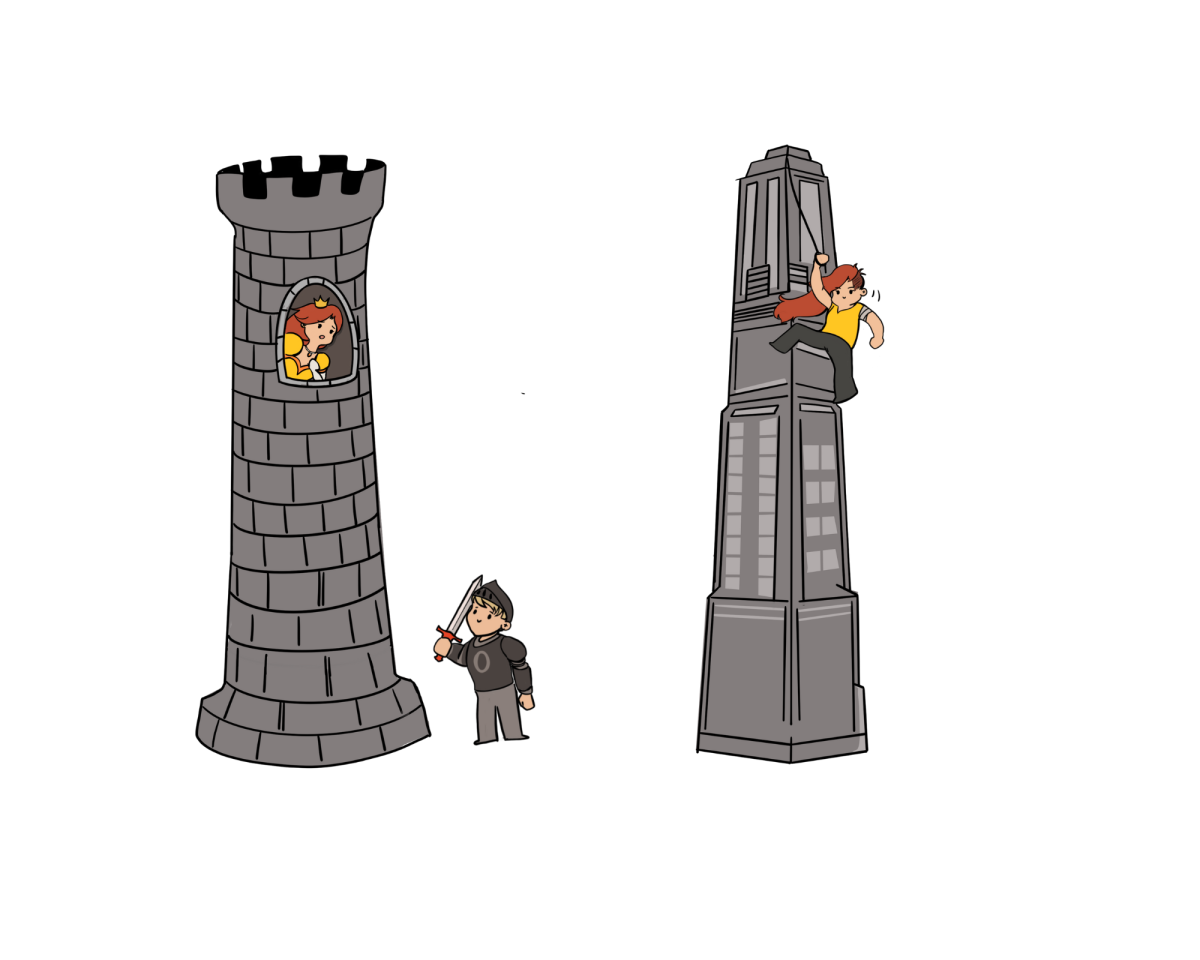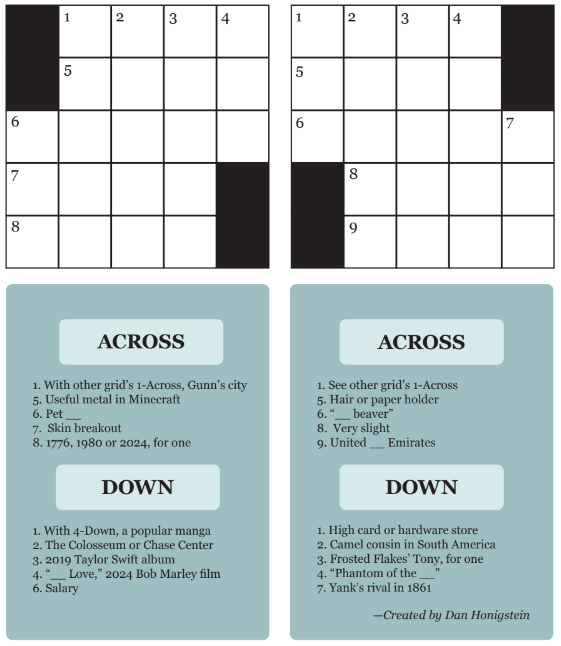Written by: Lena Campbell
Since I was a toddler, I’ve been developing an idea in my mind of what a “perfect” girl is. Stereotypes for everything in my life developed as I got older, and by the time I reached eighth grade, I had a very clear idea of what high school was going to be like.
The strange thing about my expectations is that the people around me didn’t form them. Stereotypes usually come from the observation of the world and how one’s peers interact and behave. However, my high school expectations came from a different source of human interaction: the media. Throughout my youth, I watched countless movies and television shows about the vicious, gossip-filled world of high school, and from these I thought I knew exactly what awaited me.
The most influential movie in my middle school years was “Mean Girls,” written by the comedic genius Tina Fey. With its snappy dialogue and an endearing protagonist, it was an instant hit among my friends and me. Among the many stereotypes the film emphasized, the idea of a cafeteria came forth. This was no ordinary cafeteria; it was a carefully divided war zone with specifically designed seating areas for every type of teenager one can possibly imagine. There were the jocks, nerds, band geeks, cheerleaders, burnouts and every other cliché in the movie.
Like warring countries, anyone caught fraternizing with the “enemy” received an all-out assault from their group’s leader. This idea of non-association stems from an all-powerful teenager: the Queen Bee. In “Mean Girls”, this character is Regina George, a malicious girl more than willing to inflict brutal discrimination towards anyone who doesn’t fit the mold of a perfect popular girl. And the ideal girl in my mind was blonde, skinny and surrounded by boys. I had very specific expectations for each type of person I would encounter in high school.
So on my first day, I expected to see students separated into their own private little bubbles, with easily identifiable traits (cheerleading uniforms, dorky glasses, etc). It was terrifying for me, because I had no idea which group I would sit with. As a 13 year old, I was forced to think about what I was passionate about before even trying new classes and after school activities. The media piled on to my already high levels of stress by making me wonder how I could ever fit in to such a complicated world.
Fortunately, Gunn completely surprised me. Instead of the stereotypical school atmosphere I had in mind, I was met with one that was free of isolated groups. Teens hung out with whomever they wanted and participated in activities without worrying about what other people thought.
My passions have become a way of defining myself instead of a way for others to define me, and I don’t have to worry about where I belong. No matter what the media has told us and continues to tell us, Gunn students can be themselves without a label.


